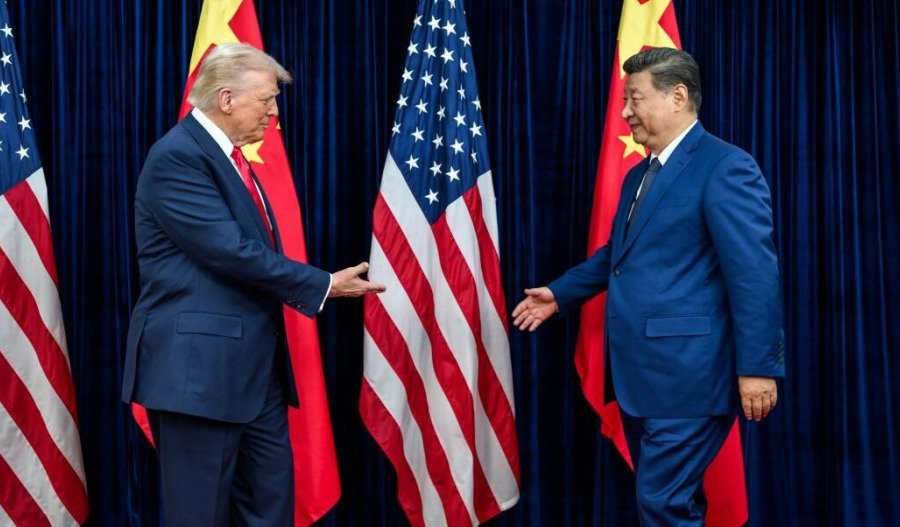China has suspended retaliatory tariffs on some United States imports, including duties on farm goods, following a meeting between the country's leaders last week.
Despite the lift on some tariffs, imports of U.S. soybeans will still face a 13% tariff, including a 3% base tariff. This is a cost that traders said makes U.S. shipments still too expensive for commercial buyers compared to Brazilian alternatives.
"We don't expect any demand from China to return to the U.S. market with this change," said one trader at an international trading company.
"Brazil is cheaper than U.S. and even non-Chinese buyers are taking Brazilian cargoes."
The State Council Commission announced it would remove duties of up to 15% it imposed on certain U.S. farming goods from 10 November. It is still maintaining the 10% levies it introduced in response to the U.S. Donald Trump’s ‘Liberation Day’ duties.
The announcement eased fears that the world’s two largest economies might abandon talks aimed at resolving the tariff war.
This comes after the White House was quick to publish its take on the meeting, while the Chinese side did not provide a detailed summary of what was agreed upon.
Before Trump first took office during his first term in 2017, soybeans were by far the top U.S. export to China, with the world's biggest agricultural buyer purchasing $13.8 billion worth of the staple in 2016.
After Trump took office, the U.S.-China trade war began, with China largely holding off buying U.S. crops, costing American farmers billions of dollars in lost exports.
In 2024, China bought around 20% of its soybeans from the U.S., down from 41% in 2016, according to customs data.



